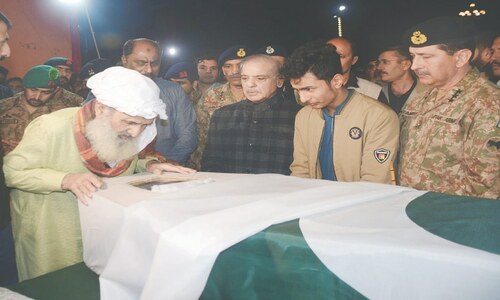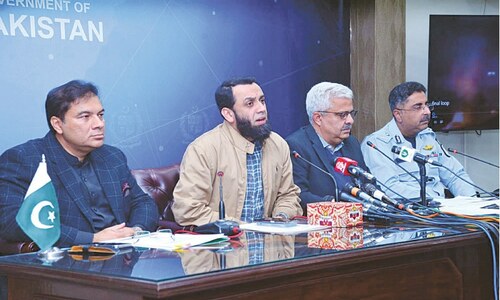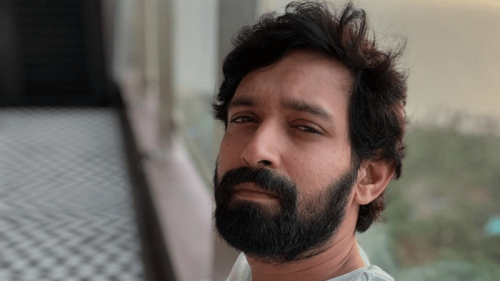VIENNA, Sept 12: The network supplying Iran, North Korea and Libya with “illicit nuclear technology” had substantial and sensitive information on how to make atomic arms, the International Atomic Energy Agency said on Friday.
The agency, in a restricted report made available to media, also alleged much of the A. Q. Khan network’s material was passed on to customers in electronic form — giving a potentially unlimited number of clients access, whether they were governments or individuals.
The IAEA’s information was contained in a report on Libya and based on investigations conducted since that country renounced its efforts to make nuclear weapons in 2003.
While Libya is no longer a proliferation concern, the report’s revelations on the network are important because it also supplied Iran and North Korea with nuclear know-how and hardware and could therefore help in investigations of those countries’ programmes.
Diplomats linked to the IAEA said the Libya investigation also revealed that the network had peddled more sophisticated information linked to making nuclear weapons than the agency had previously known.
North Korea went on to develop nuclear weapons, but agreed to mothball its programme last year before the disarmament process hit a recent snag over a dispute about verification of its atomic activities.
Iran has acknowledged buying from the A. Q. Khan network, but insists its nuclear programmes are meant only to generate power – an assertion disputed by the United States and its allies, which insist Tehran wants to make the bomb.
Despite three sets of UN Security Council sanctions, Iran continues to expand its uranium enrichment programme, which originated with alleged purchases from the Khan ring and is able to create the material both for nuclear fuel and the fissile core of warheads.
The Libya report was prepared for a meeting of the IAEA board later this month where the main focus will be on Iran’s nuclear defiance. A separate restricted report on Iran is expected to be posted on the IAEA web site early next week.
As expected, the 12-page Libya report gave the country a clean slate.
“The agency has concluded that Libya’s current capabilities are not suited for the design or manufacturing of nuclear weapons components,” it said. “Nor has the agency found any indications of work related to nuclear weapons development.”
But the agency’s investigations “indicate that a substantial amount of sensitive information related to the fabrication of a nuclear weapon was available to members of the network” – including a document on how to cast uranium metal into warheads “that was more up to date than ... a related document found in Iran”.
Countries insisting that Iran’s nuclear activities are a cover for weapons ambitions have pointed to that document in buttressing their case. Tehran says it never asked for the blueprint, but found it among a stack of other papers it purchased.
Having such sensitive nuclear material in electronic form is clearly “a matter of serious concern to the Agency”, the report said.
A senior diplomat had said earlier this year the IAEA knew of the existence of a sophisticated nuclear weapons design being peddled electronically by the ring as far back as 2005.
The Libya report also indicated that contacts to the Khan network go back further than previously thought – to about the time Iran had its first meeting with the same nuclear peddlers.
It noted that senior Libyan government officials met Dr Abdul Qadeer Khan as far back as 1984. Then, after an 11-year hiatus, Libya re-established contacts in 1995 as it started building its secret nuclear programme.
Unlike Iran, Libya never activated its nuclear programme, but amassed tons of the material used as the feedstock for uranium enrichment as well as hundreds of centrifuges and related components needed to enrich.
At the time Libya went public, it had orders for 10,000 more centrifuges as well as drawings of a nuclear warhead acquired through the network.
—AP














































Dear visitor, the comments section is undergoing an overhaul and will return soon.